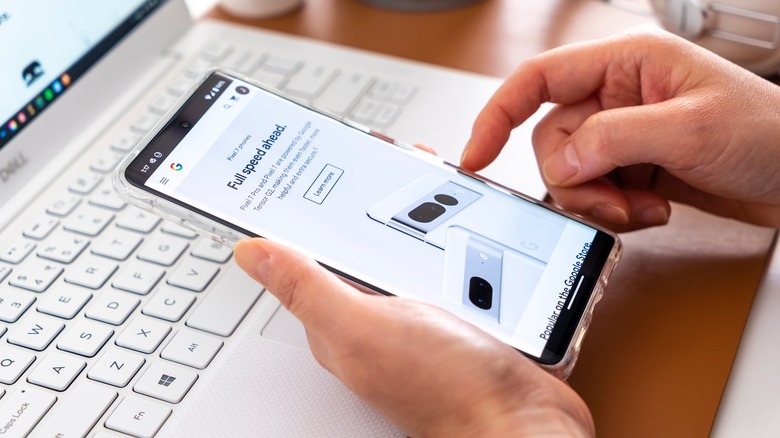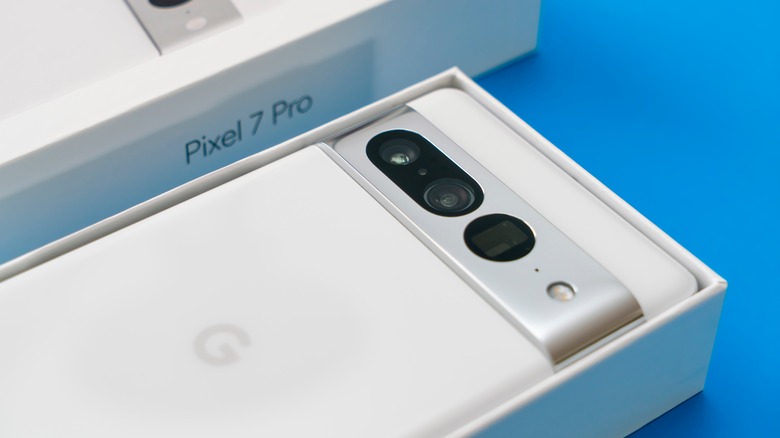Leaker Details Major Camera Improvements Coming To Google Pixel 8 Lineup
Google's latest flagship smartphones — the Pixel 7 and the Pixel 7 Pro — were released in October 2022. We also know that these phones largely featured incremental upgrades over the Pixel 6 and the Pixel 6 Pro. Among the most noticeable changes to the Pixel 7 lineup included subtle modifications to the design, a newer/faster Tensor G2 processor, better displays, and improvements to the camera software and algorithm — especially in terms of video quality.
Surprisingly, Google could achieve most of these camera improvements despite sticking with the same camera sensor as the older Pixel 6 phones (the 50MP Samsung ISOCELL GN1). While this only exemplifies how powerful Google's computational photography algorithm is, it makes one wonder what the company could have achieved had they used a newer, better image sensor on the Pixel 7 series.
Unfortunately, unless Google decides to give the Pixel 7 lineup a mid-life upgrade (highly unlikely), it is a given that we will have to live with the good old Samsung GN1 sensor on the Pixel 7 series for now. That, however, may not be the case with the company's Pixel 8 devices scheduled for launch next year. Thanks to a string of recent reports, it seems Google has already decided to use a different camera sensor on the company's 2023 flagship phones.
Google Pixel 8 may support staggered HDR
According to developer Kuba Wojciechowski, who has a long history of Google leaks, the next-gen Pixel smartphones could support a feature called staggered HDR. In a tweet, Kuba noted a few references to this within the code of Google's Camera Go app.
Google's 2023 flagship Pixels to include support for staggered HDR – 🧵 pic.twitter.com/ZfWtwQBykY
— Kuba Wojciechowski⚡ (@Za_Raczke) December 19, 2022
For those wondering what staggered HDR means, here's a brief explainer: Staggered HDR is a major improvement in how camera sensors capture HDR images. Designed to let smartphones capture higher quality, multiple exposure photographs faster than current image sensors, staggered HDR captures a long exposure and short exposure shot at the same time, then merges them into a single photo (via Phone Scoop). This is in contrast to "normal" image sensors that can only handle a single exposure at any given point in time. Staggered HDR is a fairly recent addition to camera sensors, and unlike computational photography features enabled by software tweaks, it requires hardware that supports the feature. Only a handful of image sensors currently support staggered HDR, and we already know that the Pixel 7's GN1 sensor does not.
Therefore, chances are we may see Google Pixel use Samsung's newer staggered HDR-toting 50MP ISOCELL GN2 sensor on the Pixel 8 lineup next year. Even though Kuba has had a decent track record with Google-centric leaks, the references to staggered HDR within the camera app code are still no guarantee that the feature will make it to the next generation of Pixel phones.

